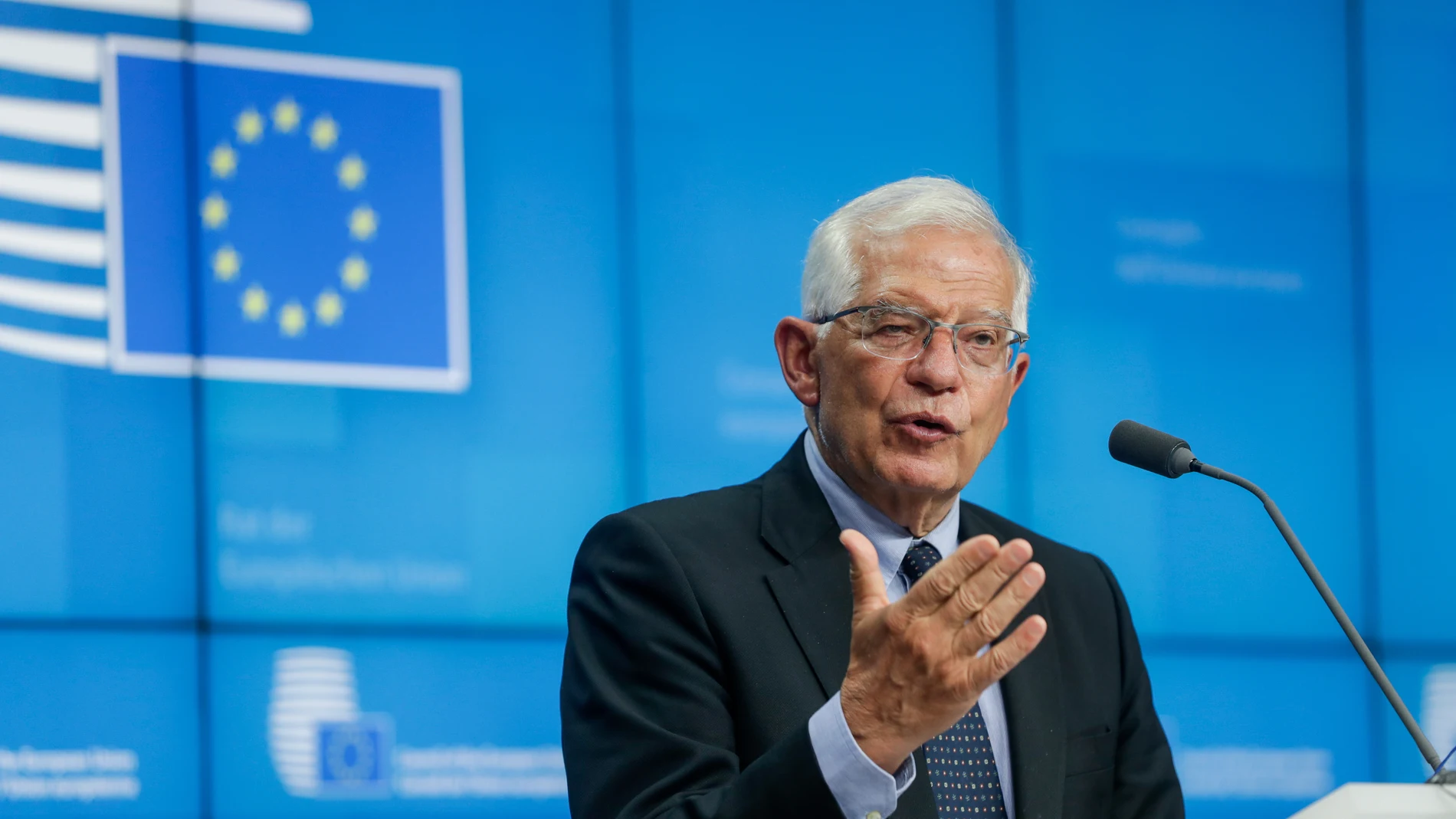Holding two of the most important regions in the world and around 50 countries, Spain has proposed to take advantage of the rotating presidency of the European Union that it will assume from mid-2023 to strengthen the bloc’s ties with Latin America.
Spain has six months to make the EU look at South America again, but the real challenge will be for this commitment to extend beyond the six months that its presidency lasts. If that happens, if the European Union and Latin America do not have a strong and more consolidated alliance beyond December 31, 2023, it will be a resounding failure. You cannot always depend on Spain’s efforts in this regard, it is necessary to convince the other members.
Does Spain have enough influence in Brussels to convince the European Union of the need to sign a great alliance with Latin America? Does LA have it on the other side of the Atlantic to seduce the region into betting on an agreement in which the EU can lose interest as has happened in the past?
It is a two-way road. Europe may be very interested in strengthening its alliances with Latin America, but if the counterpart does not think the same way. The EU wants this new relationship or this reformulated relationship between both to be symmetrical, horizontal and not from top to bottom. What happens is that the European Union does not know very well what it wants from Latin America, and, at the same time, Latin America is not very clear about what it wants from the European Union”.
Discovering it in a period like the current one is not easy either. The invasion of Ukraine by Russia has concentrated the attention of the community block. During the last decade, the instability in other closer areas such as the Middle East or North Africa have meant that despite the fact that Latin America continues to be a point of investment important for the EU its geostrategic importance has been underestimated.
“The focus has been placed on other areas in recent years, but we must not forget that the European Union invests in Latin America more than in China, Russia and India combined” says Malamud, who is also a professor of History of America at the National Distance Education University (UNED).” It is a clear case of neglect, of forgetfulness, but it seems that China’s irruption into the territory has lit a red alarm light both in the European Union and in Spain. We are losing presence in a region that should be essential for us”
China has wasted no time in this regard over the past decade. Immersed in a trade war with the United States, it has found in the region a perfect place to expand its political influence at a global level, obtain the raw materials it needs to feed its economic model and influence a strategic region.
![Latinoamérica y la Iniciativa OBOR | Observatorio de Política China [OPCh]](https://i0.wp.com/politica-china.org/wp-content/uploads/SILK-ROAD.jpg?fit=481%2C279&ssl=1)
In ten years, which were from 2008 to 2018, the trade volume between the European Union and the Latin American and Caribbean area barely increased from 185.5 billion euros to 225.4 billion euros. In that period, they defended from the European Council on Foreign Relations (ECFR), the trade volume with China multiplied by ten and right now there are 21 countries in the region that are part of the New Silk Road Initiative promoted by the Chinese.
However, of late some Latin American countries may be starting to tire of the kind of bilateral relationship that has been built around Chinese interests.
“Resistance to China’s presence in Latin America is growing. What years ago was seen as a great opportunity, is starting to generate contradictions” explains Malamud.
“It is a great market for the export of Latin American raw materials but the problem is that this results in little added value which puts the Latin American economies in a difficult situation. China is not interested in developing the South American industry, but to extract its resources.
Spain the first voices linked to the Government have already been appearing, calling for the enormous opportunity that it would be for the European Union and Latin America to reach that alliance that can be consummated at the Europe-Latin America Summit to be held in July 2023.In this sense Spain has a particularly well-placed name within the EU. The High Representative for Foreign Policy of the European Union, Josep Borrell, who could play a very important role in setting foreign priorities for the community bloc, has gone so far as to say that “if Europe wants to have influence as a geopolitical actor, it must pay more attention to what is happening in Latin America and the Caribbean”.

The former President of the Government of Spain, José Luis Rodríguez Zapatero, pointed out during the presentation of the New Ibero-American-European Union Cooperation Agenda that “Latin America’s great hope for growth is to ally with Europe, a path that leads through integration and The cooperation”.
In that agenda, it was predicted that the average growth of Latin American countries expected in 2022 is “low and insufficient”, with an average growth of 2.1% that is greatly affected by the five million jobs that have not been managed to recover after the pandemic, especially in the women’s and youth.
